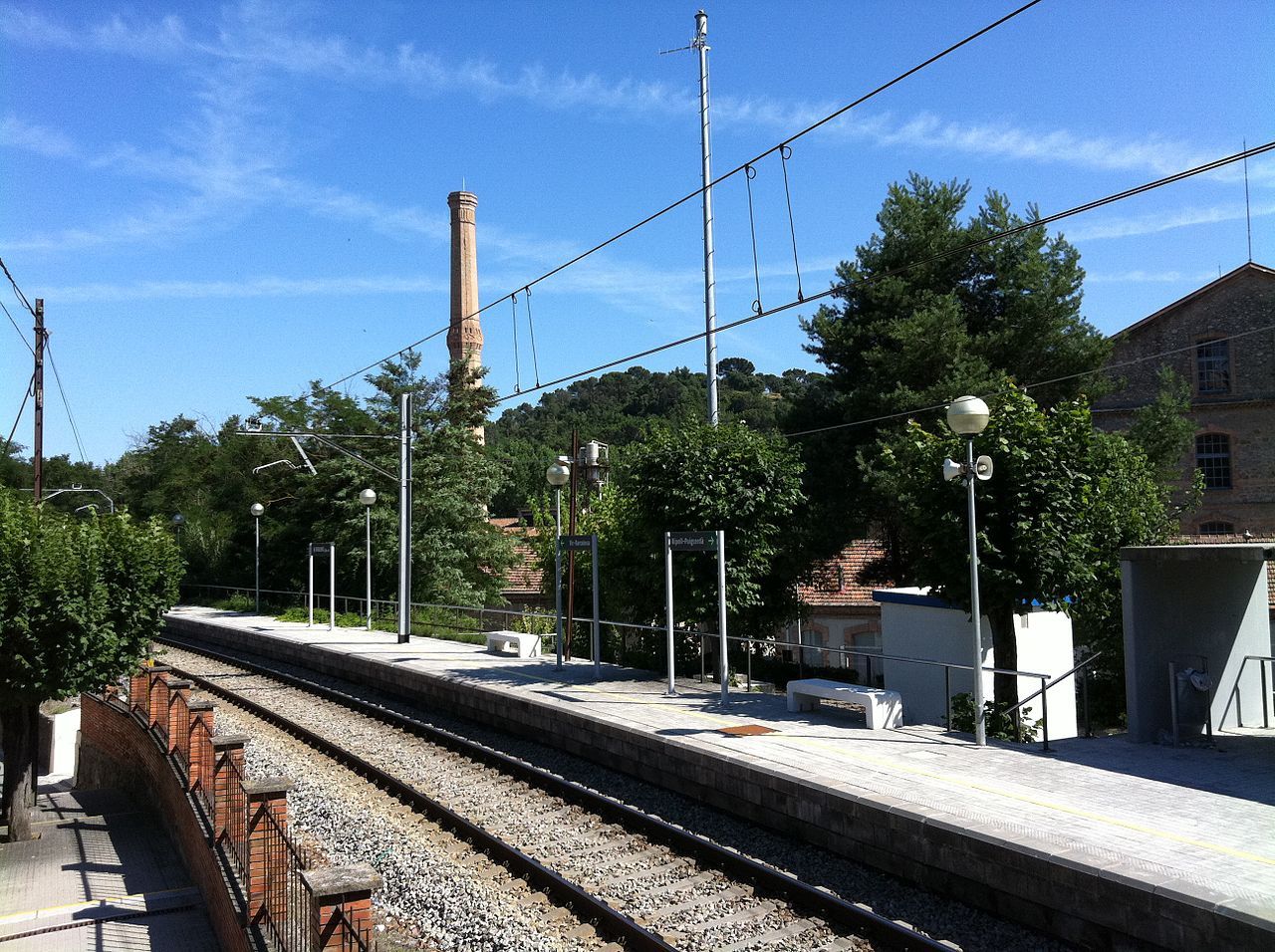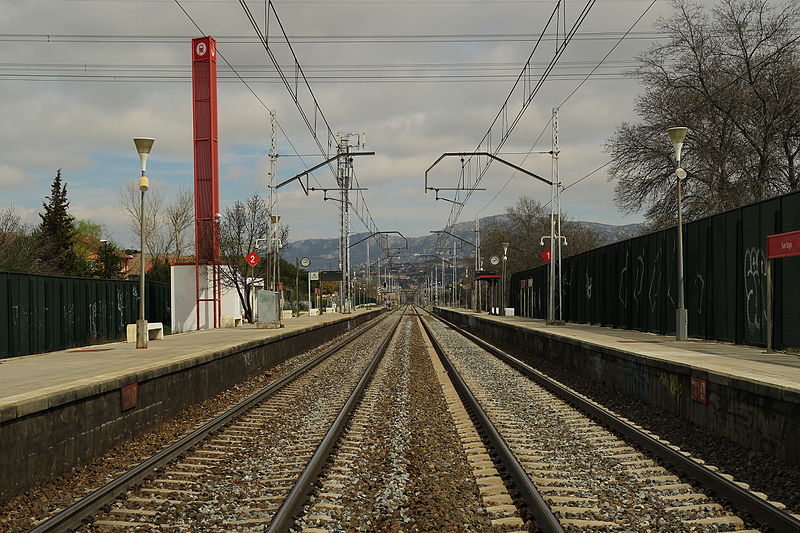Big Data, Complexity Theory and Urban Development: Challenges and Opportunities

As part of the New Approaches to Economic Challenges (NAEC) initiative, the OECD organised a workshop on Complexity and Policy where Nommon was invited to coordinate a session focused on urban development. You can find here some of our reflections on the subject.
We are living in the era of cities: more than 50% of the world population is already living in urban areas, and most forecasts indicate that, by the end of this century, the world’s population will be almost entirely urban. In this context, there is an emerging view that the global challenges of poverty eradication, environmental sustainability, climate change, and sustainable and secure energy are all intimately linked to cities, which are simultaneously places where these global problems emerge and solutions can be found.
In the short term, cities are facing the major challenge of overcoming the financial and economic crisis and emerging stronger from it. In the long term, they need to deal with structural challenges related to globalisation, climate change, pressure on resources, demographic change, migration, and social segregation and polarisation. Many of these challenges are shared by cities from developed and developing countries, while others depend on geographical, institutional, socioeconomic and cultural differences.
When addressing these problems, policy makers and society at large face a number of fundamental problems. The many components of the urban system are strongly interwoven, giving rise to complex dynamics and making it difficult to anticipate the impact and unintended consequences of public action. Cities are not closed systems, but they are part of systems of cities. Urban development policies are subject to highly distributed, multi-level decision processes and have a profound impact on a wide variety of stakeholders, often with conflicting or contradictory objectives.
In the past few years we have seen the emergence of concepts such as the smart city, urban informatics, urban analytics and citizen science, which are seen to hold great promise for improving the functioning of cities. However, arguably most of this potential still remains to be realised. The concept of the smart city has been coined as a fusion of ideas about how information and communication technologies can help address critical issues relating to cities. Essential to this concept is the notion of an integrated approach to the synergies and trade-offs between different policy domains that are closely interrelated, but have traditionally been addressed separately, such as land use, transport and energy. This integrated approach would be facilitated by the ability to analyse the increasingly large data streams generated by the ubiquitous sensorisation of the built environment and the pervasive use of personal mobile devices. In parallel, smart devices and social media are also producing new forms of public participation in urban planning. The opportunities are vast, but so are the challenges.
Much hope has been placed in the explosion of big data for establishing the foundations of a new science of cities. During the last 20 years, the dominant trend in urban modelling has changed from aggregate, equilibrium models to bottom-up dynamic models (activity-based and agent-based models) that seek to represent cities in more disaggregated and heterogeneous terms. This increasing model sophistication comes with the need for abundant, fine-grained data for model calibration and validation, hindering the operational use of state-of-the-art modelling approaches. The emergence of new sources of big data is enabling the collection of spatio-temporal data about urban activity with an unprecedented level of detail, providing us with information that was not available from surveys or census data. This has already yielded important practical advances in fields like transportation planning, but it is more questionable, at least for the moment, that big data has produced substantial advances in our understanding of cities. In principle, the potential is there: while research on cities has historically relied on cross-sectional demographic and economic datasets, often consisting of relatively small samples, we have now large-scale, detailed longitudinal data that allow us to test new hypotheses about urban structure and dynamics. On the other hand, there is a risk that big data leads to a shift in focus towards short-term, predictive, non-explanatory models, abandoning theory. Connecting the smart city and big data movements with the knowledge developed in the last decades in fields like regional science, urban economics and transportation modelling appears as an essential condition to overcome this problem and take advantage of the opportunities offered by big data for the formulation of better theories and policy approaches.
Both empirical work and theoretical advances are needed to cope with the new challenges raised by energy scarcity and climate change, emerging technologies like self-driving cars, and the changes in social relationships, the new activities and the new forms of sharing economy enabled by social media and electronic communications, among other factors that are leading to profound changes in urban structure and dynamics. Equally challenging is to integrate data and models into governance processes: policy assessment and participatory planning are still largely based on qualitative considerations, and there is a sense that state-of-the-art urban models are immature with respect to institutional integration and operational use. New forms of data sharing and visualisation, digital participation and citizens’ engagement are promising tools to tackle this question, but here again, we still have to figure out how to share data and specialised knowledge in a form that fluidly intersects participatory decision making process and bridges the gap between implicit and explicit knowledge. Recent advances in areas such as network theory, agent-based computational modelling and group decision theory, and more generally the intrinsically holistic and eclectic approach advocated by complexity science, appear as a suitable framework for the development of a new science of cities which can in turn lead to new advances in the way cities are planned and managed, allowing us to address the enormous challenges related to urban development in the 21st century.
*This article was originally published in OECD blog on 29 September 2016.

